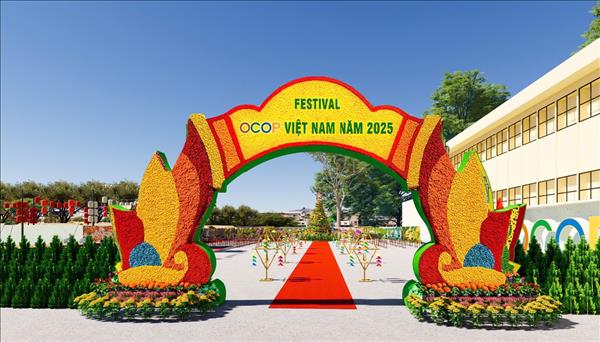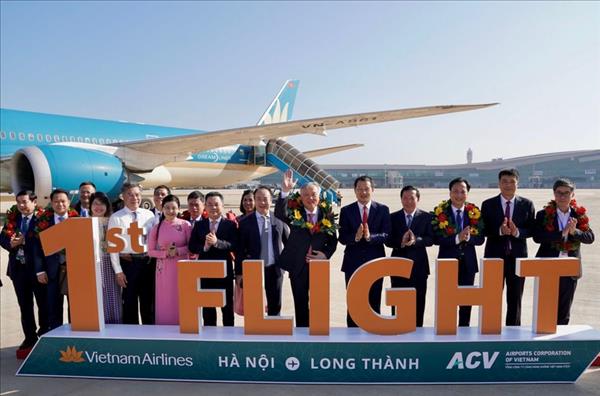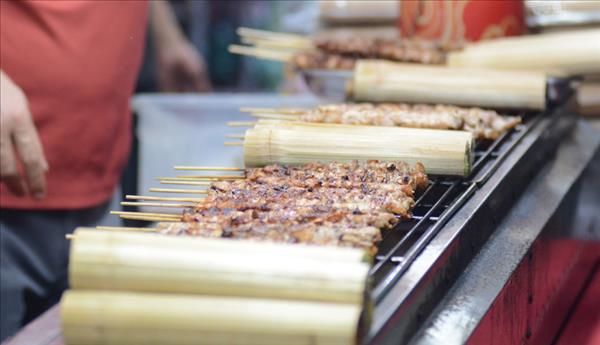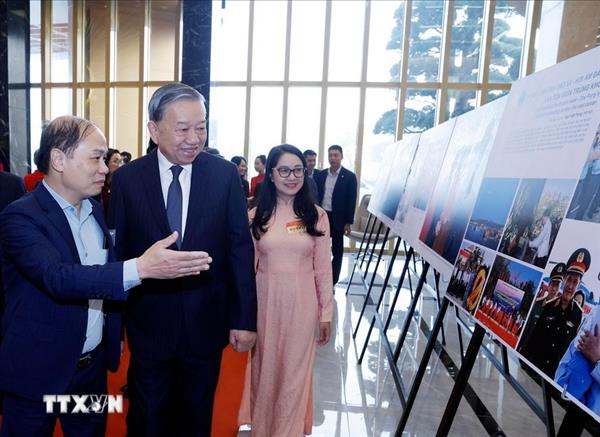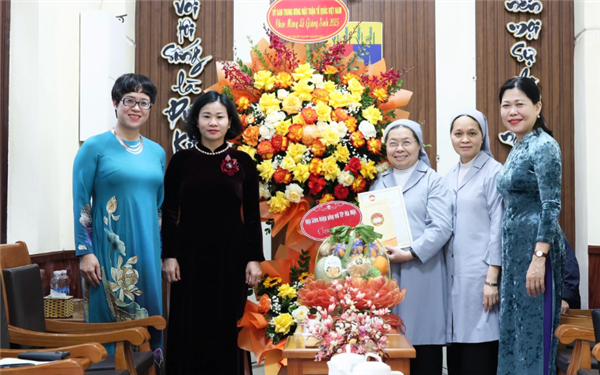Nostalgia for Cuc Phuong
Filled with the nostalgia for the first national park in Vietnam, musician Tran Chung wrote a famous song titled “Nho ve Cuc Phuong” (Missing Cuc Phuong).
To many, the park spanning the provinces of Ninh Binh, Hoa Binh, and Thanh Hoa is more than nostalgia but a yearning for the place full of secrets awaiting visitors to explore.
“To me, it was a fairytale land and an extremely meaningful reward that my school presented to good students like me. Returning after more than 30 years, the biggest surprise to me is that Cuc Phuong remains almost intact. I’m really touched by the forest protection efforts as well as the way eco-tourism is organised here,” said renowned broadcaster Bach Duong, who has volunteered to become an “ambassador” of Cuc Phuong for the past year.
Duong said that childhood memory and the horrible reality of climate change at present have promted her to come back here to seek balance. Not only bringing her children to the park, she has also encouraged many families and young people to visit Cuc Phuong in efforts to call for environmental protection.
Sharing the love for Cuc Phuong that has grown thanks to her past trips, architect Tran Thi Thanh Thuy, a founding member of the Urban Sketchers Hanoi (USK Hanoi) group, accepted the park’s invitation to organise a community fine arts workshop as part of a spring festival in the Lunar New Year holiday this year.
“The USK Hanoi and I wish to use sketches to disseminate a message to all people, especially small children, about the respect and responsible behaviour towards forests - which create in us the strongest and sincerest feelings about Mother Nature,” she noted.
“Cradle” of conservationists
Over 50 years ago, tens of young graduates from overseas courses eagerly took on their tasks at Cuc Phuong. It was also the time this forest, becoming the first national park in Vietnam not long before that, made Soviet Union experts thunderstruck.
With their youth and enthusiasm, they weathered every difficulty and hardship, even bombardments by US forces, to conduct basic and comprehensive studies serving as the foundation for evaluating the local biodiversity.
In particular, those trying times helped nurture a contingent of well-known scientists such as Nguyen Tien Ban, Tran Dinh Ly, Tran Ngoc Ninh, and Trinh Dinh Thanh.
Many people of younger generations have also become famous conservationists. They include Nguyen Van Thai, Director of Save Vietnam’s Wildlife, who was recently honoured with the Goldman Environmental Prize, a prestigious award considered a “Green Nobel Prize” for environmental activists; and Trinh Le Nguyen, co-founder of People and Nature Reconciliation (PanNature), who used to be an expert working at Cuc Phuong National Park.
Talking about Cuc Phuong, Nguyen said not only him but many others working in this field also feel indebted to the park, and that this “cradle” has nurtured their dreams and love for nature.
“Big school” in the forest
Managers of Cuc Phuong are striving to turn it into a model national park.
Deputy Director of the park Do Van Lap said to have a model national park, the first and foremost is to have model people. Given this, apart from forest protection and scientific research, environmental education is a core step to turn Cuc Phuong into a “big school” of nature education.
On the basis of this idea, a club for conservation education was set up at the national park. Supported by Fauna & Flora International (FFI) and Education for Nature - Vietnam (ENV), forest rangers have visited thousands of children in villages across the 15 communes located in the park’s buffer zone over the last 20 years to instill the love for nature into the young.
Many of these children, in turn, have become forest rangers or teachers helping to improve the local community’s awareness.
Besides, wildlife rescue programmes at the park have also attracted Vietnamese and foreign students via summer camps or volunteering campaigns, equipping the young with knowledge about the nature and animal rescue and care skills.
Gaining valuable experiences from such activities, the young themselves will become “ambassadors” conveying the nature conservation message to others in their daily life./.

